Plastic Sorting Recycling – Greek recycling company Terna Energy working with STADLER to deliver new recycling plant 15-09-2023
Plastic Sorting Recycling
Crude Oil Prices Trend
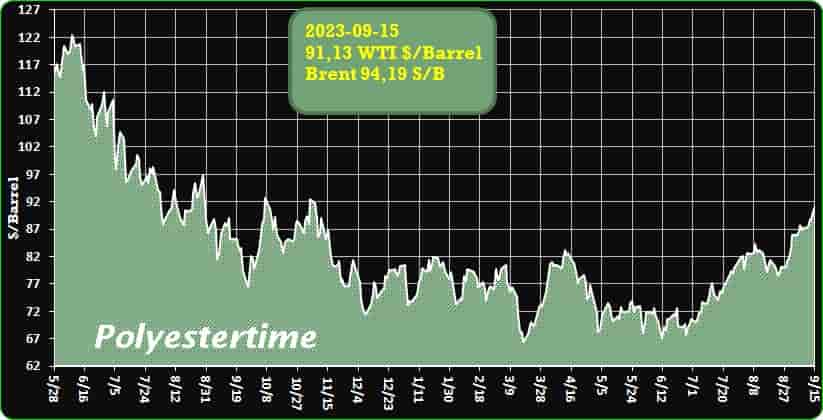
Crude Oil Prices Trend by Polyestertime
Greek recycling company Terna Energy working with STADLER to deliver new recycling plant
Greek renewable energy company Terna Energy, part of the Gek Terna Group, is a player in clean energy production and the largest investor in Renewable Energy Sources in Greece.
The company has chosen STADLER, a globally active German company specialising in the planning, production and assembly of turnkey recycling and sorting plants. STADLER has now completed the commissioning and start-up of the latest facility, an MRF and Compost Refinement Plant in Tripoli, the capital city of the Peloponnese region, and two further projects in Sparta and Kalamata are in progress.
The company claims that the new facility stands out for its high degree of automation and efficiency, and for its capacity to adapt to changing material composition. The company claims it produces consistently high-quality output, achieving outstanding recovery rates – above 90% for the organic fraction, plastic containers, bottles and paper, and 80% for biofilms and PE film. It is also designed to facilitate maintenance, with easy access to all components and motors for service. Plastic Sorting Recycling
High efficiency and adaptability for consistently high-quality output
The sorting plant receives mixed Municipal Solid Waste (MSW) with an input capacity of 30 to 40tph in a single line. It is processed to produce a high-quality output of recyclates and organic material. The former – PET, HDPE, PP/PS, Foils, Paper, Cardboards, Ferrous and non-Ferrous cans and containers –are sorted into automatic bunkers then baled. The latter, in fractions below 60mm from Anaerobic Digestion and 65-85mm from vessel composting, are further processed in the compost refinement plant with a capacity of 10tph, producing two fractions of clean compost with different specifications and material size.
STADLER claims its design team developed a plant that delivers the high-quality output required by Terna Energy, effectively addressing the challenge presented by the peculiarities of the waste stream in the region: “The Peloponnese is a very touristic region, and this has an effect on the composition of the waste, with high variations in seasonal consumption and diversity of packaging,” explains Dimitris Blanas, Head of Sales Greece & Middle East at STADLER. Plastic Sorting Recycling
The process begins with two trommel screens then a STADLER STT5000 Ballistic Separator that separates the rolling, flat and screened fractions. At this stage of the process, Pellenc ST COMPACT optical sorters, seamlessly integrated with STADLER’s high-speed conveyors, come into play to sort waste by material and color on the two main lines: 2D for flat objects such as mixed paper, cardboard and film, and 3D for hollow objects such as bottles, containers and trays.
These sorters, which feature Pellenc ST’s latest advanced technology, are perfect for the task with their compact size, low energy consumption and high level of performance, as well as their capability to manage the volumes and variations in the feed: “The high capacity of this equipment will be able to absorb the increase of waste volumes, says Steve Halpin-Gosset, Regional Sales Director, South Europe at Pellenc ST. “Thanks to their high scalability, sorting settings can also be adapted according to input stream composition changes.” PET food containers
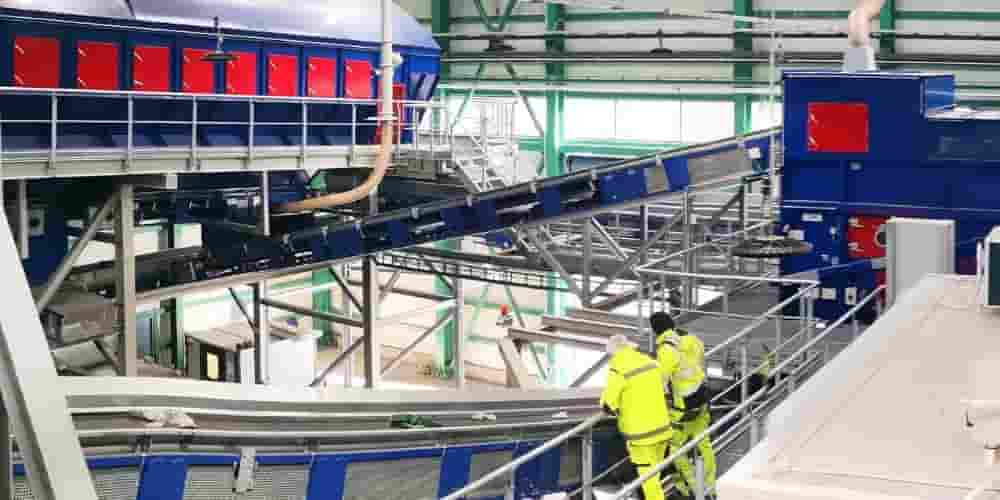
Indorama Ventures to Invest $150 Million in Expanding PET Recycling Operations in India
Bangkok-based Indorama Ventures Public Co Ltd, a company predominantly owned by Indian stakeholders, is set to invest a substantial $150 million in the establishment of three PET recycling plants in India. The ambitious project is slated to commence commercial production by 2026.
CEO of Indorama Ventures Group, Aloke Lohia, announced the investment plans during the 21st Forbes Global CEO Conference. He revealed that the company has secured essential regulatory approvals, and land acquisition processes are currently underway in proximity to their existing PET production facilities located in Haldia, Nagpur, and Panipat.
This strategic move will significantly enhance Indorama Ventures’ PET production capacity, which currently stands at 800,000 tonnes per year, catering to both the Indian and global markets. Plastic Sorting Recycling
PET, known for its durability and recyclability, aligns with global sustainability initiatives aimed at reducing the reliance on fossil fuels for manufacturing.
Aloke Lohia emphasized the importance of increasing the utilization of recycled PET, aligning with worldwide efforts to minimize new product manufacturing from fossil fuels. He expressed optimism about the Indian economy’s robust growth, particularly in the manufacturing sector, buoyed by government-led export promotion initiatives.
Lohia’s focus is on scaling up production within India, driven by the country’s burgeoning demand and export potential. He specifically highlighted the potential in supplying advanced technology-based auto components to Indian original equipment manufacturers. The company’s technological prowess and access to materials like nylon and polyester position them as ideal partners for producing essential items like airbags, mandated in Western automotive markets. Plastic Sorting Recycling
Indorama Ventures is actively engaging with Indian auto component manufacturers to evaluate investment opportunities, which can be tailored to meet domestic and export market requirements. Their goal goes beyond mere import substitution, as they aim to enhance the production of critical components, such as airbags, for the Indian automotive sector.
Aloke Lohia anticipates a surge in demand for products incorporating advanced technologies as India continues its economic progress and accelerates industrialization efforts. He expressed confidence in the company’s prospects in the Indian market, highlighting numerous growth opportunities, especially in the automotive sector.
Indorama Ventures, a global chemical company with a presence in 35 countries, boasts a rich legacy spanning three decades.
As the world’s premier manufacturer of PET and recycled PET, the company is dedicated to sustainability and innovation. Plastic Sorting Recycling
Their mobility fiber business, producing a diverse range of fibers and yarns used in the automotive industry, is well-established in the United States, Europe, and other regions.
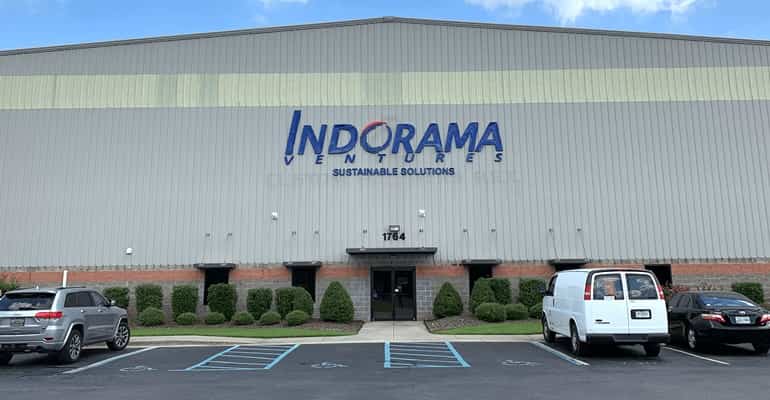
UBQ closes $70 million funding round
Israel-based cleantech company UBQ Materials has raised $70 million in a financing round led by Eden Global Partners, the company announced today. The round was joined by return investors in the company, including TPG Rise Climate, the investment arm of American private equity firm TPG; Battery Ventures; and M&G’s Catalyst strategy, a UK-based investor specialising in long-term impact investments.
The funding will be used to support the company’s continued scale-up and global expansion. Next to the industrial-scale 80 kT/pa facility in Bergen Op Zoom, Netherlands which is scheduled to open later this month, the company operates a small-scale plant at Kibbutz Tze’elim in Israel, which can produce around 7,000 tons of material a year. The new funding will enable the company to expand and build additional facilities in Europe and North America. Plastic Sorting Recycling
“We believe the market opportunity for UBQ’s materials is enormous and look forward to supporting UBQ’s world-class management team as they continue to grow the business,” said David Dwek, Chief Executive Officer of Eden Global Partners.
UBQ Materials was founded in 2012 by Yehuda Pearl, a co-founder of Sabra; Jack Tato Bigio, and Eran Lev. The company has developed and patented a closed-loop process, which converts garbage waste – including food waste, mixed plastics, cardboard, paper, and dirty diapers – into a new, sustainable raw material for the manufacturing of everyday goods across a multitude of industries. The process works by breaking down the heterogeneous waste streams into their basic, natural components before reconstituting them to create a brand-new material. The organic trash – around 70-80% of UBQ’s feedstock is broken down to its particulate constructs—lignin, cellulose, fibres, and sugars—and then reassembled and bound together into a matrix. The remaining 20-30% are mixed plastics that melt and bond into the matrix, creating a climate-positive and highly recyclable thermoplastic material. Plastic Sorting Recycling
UBQ has partnered with leading industry brands, including Mercedes-Benz, PepsiCo, and McDonald’s, who have already integrated UBQ into durable and semi-durable products such as car parts, footwear, pallets, display stands, panels, and planters.
Over 3 billion tons of municipal solid waste (MSW) are expected to be produced annually by 2050 while current approaches to waste management continue to contribute to climate change. Landfills are the third largest human source of methane, a greenhouse gas 84 times more powerful than carbon dioxide over 20 years, while incineration emits 1.7 kg CO2eq for every kilogram of MSW incinerated. Every kilogram of Israeli-manufactured UBQ replaces 1 kg of oil-based plastic, diverts 1.3 kg of waste from landfills and incinerators, and prevents up to 11.7 kg of CO2eq emissions measured over a 20-year time horizon.
“UBQ has pioneered a fully sustainable resource, pivotal for existing manufacturing industries across endless applications,” said co-founder and co-CEO Bigio.
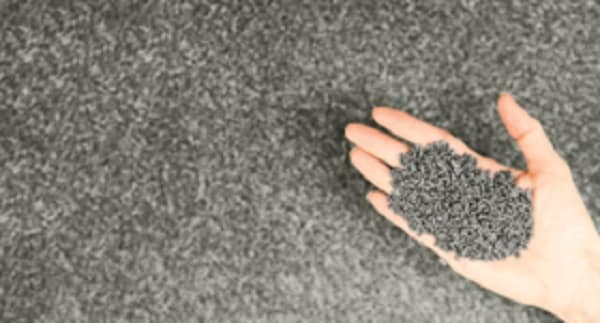
This approach simplifies and enhances the recycling of lithium, making it both more accessible and safer
Chinese scientists have unveiled a technique for extracting lithium from depleted battery anodes and utilizing it to create fresh cathodes.
The recycling of lithium-ion batteries is a crucial but intricate endeavor. It is an essential step towards establishing a truly sustainable mobility system, demanding intricate and often costly industrial processes. However, a team of researchers from the Institute of Chemistry of the Chinese Academy of Sciences and the University of the Chinese Academy of Sciences (ICCAS and UCAS) has introduced an innovative method that effectively addresses many of the challenges associated with lithium recovery from end-of-life batteries. Plastic Sorting Recycling
In conventional processes, the focus is on extracting lithium from the cathode, the electrode containing the highest lithium content. Unfortunately, this approach comes with numerous complications linked to the presence of other materials that must be separated from lithium. On the other hand, extracting lithium from the anode, primarily composed of graphite, is comparatively more straightforward. This can even be accomplished without completely discharging the battery. Nonetheless, this procedure poses a significant fire hazard and the risk of explosions.
The breakthrough by Chinese scientists, published in the Angewandte Chemie journal, leverages aprotic organic solutions to efficiently recover lithium from the anode. Aprotic substances, which do not release hydrogen ions, prevent the formation of hydrogen gas during lithium recovery. This results in safer conditions without the threat of fires.
Moreover, the adopted solutions consist of a polycyclic aromatic hydrocarbon (PAH) and an ether serving as a solvent. The PAH can selectively absorb positively charged lithium ions from the graphite anode in a controlled and highly efficient manner. This not only reduces waste but also allows the lithium-PAH solutions to be directly employed as reagents to replenish exhausted cathodes, effectively rejuvenating them.
Additionally, the versatility of polycyclic aromatic hydrocarbon materials allows for customization based on the intended application. Plastic Sorting Recycling
This groundbreaking discovery significantly streamlines the process from recovering lithium from end-of-life batteries to the creation of new batteries. China, having already secured a leading position in battery production, now appears poised to assert its dominance in the field of recycling as well.
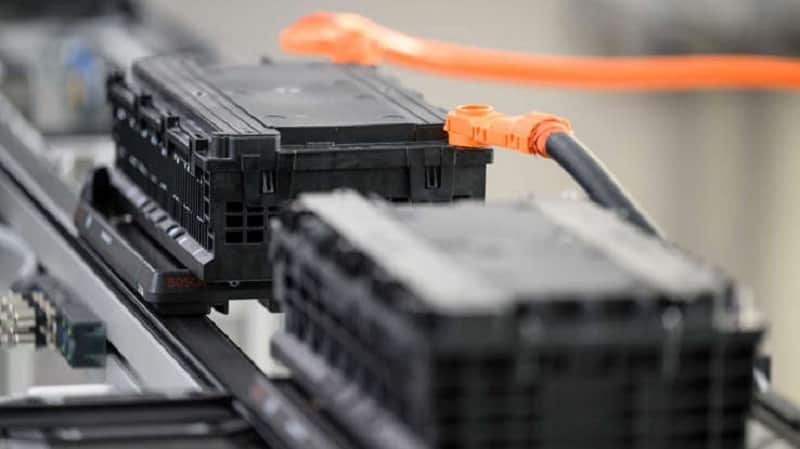
Evonik Teams Up with REMONDIS to Advance Sustainable Polyurethane Recycling
Essen, Germany – Evonik, a global leader in specialty chemicals, has entered into a strategic partnership with the REMONDIS Group, a prominent recycling company, to bolster the circular economy in the flexible polyurethane foam industry. This collaboration marks a significant step toward Evonik’s goal of closing the material loop within the polyurethane sector by securing a consistent supply of end-of-life mattress foams. The partnership will actively support Evonik’s ongoing development of its chemical recycling process.
Evonik has pioneered an innovative hydrolysis technique that allows for the recovery of key components from polyurethane foam, subsequently repurposing them as high-quality building blocks for manufacturing new mattresses. This groundbreaking process is currently undergoing testing at a pilot plant in Hanau, and the next phase will involve trials at a larger demonstration facility. Plastic Sorting Recycling
In Europe, it is estimated that over 250 kilotons of polyurethane foam from discarded mattresses are either incinerated or sent to landfills each year. Evonik and REMONDIS are committed to reducing this environmental impact by ensuring that valuable materials are reintroduced into the raw material cycle, thereby decreasing the reliance on fossil resources within the polyurethane value chain. “The pursuit of circularity in the realm of flexible polyurethane foams is paramount for the environment and the long-term sustainability of our industry. It provides an opportunity for us to act in harmony with the interests of the environment, the industry, and consumers alike,” explained Thomas Wessel, a member of Evonik’s Executive Board responsible for sustainability.
The REMONDIS Group brings its expertise in sorting PU flexible foams from waste, ensuring consistent quality in the recycling process. This facilitates the transformation of these materials into chemical recyclates through Evonik’s hydrolysis method. Dr. Patrick Glöckner, Head of Evonik’s Global Circular Economy Program, emphasized the importance of such collaborations, stating, “Working with REMONDIS allows us to transition from linear value chains to robust circular systems. Authentic circularity thrives within networks, which is why we are actively expanding our collaborative efforts.”
The successful partnership with flexible foam producer The Vita Group, initiated in 2021, has already demonstrated that Evonik’s hydrolysis process yields raw materials of superior quality compared to conventional recycling methods. Increased adoption of recycled materials helps reduce dependence on fossil resources and lessens the ecological footprint of the polyurethane industry. Initial findings also indicate a significant reduction in the CO2 footprint when compared to mattress production using fossil resources. The demonstration plant aims to validate this on a larger scale. Plastic Sorting Recycling
Jürgen Ephan, Managing Director of REMONDIS Recycling GmbH & Co. KG, emphasized the societal responsibility of closing material life cycles, stating, “For us, closing material life cycles is not only a business objective but also an expression of our responsibility towards society as a whole. Conserving raw materials worldwide and processing them repeatedly is a fundamental requirement for sustainable environmental and climate protection.” Ephan further highlighted REMONDIS’ commitment to continually developing new processes to optimize material cycles and welcomed the opportunity to collaborate with Evonik to address the challenge of recovering raw materials from foam mattresses.
Initially, the project will focus on the North Rhine-Westphalia region in Germany, with the ultimate goal of developing a scalable technology and business model that can be expanded globally. Plastic Sorting Recycling
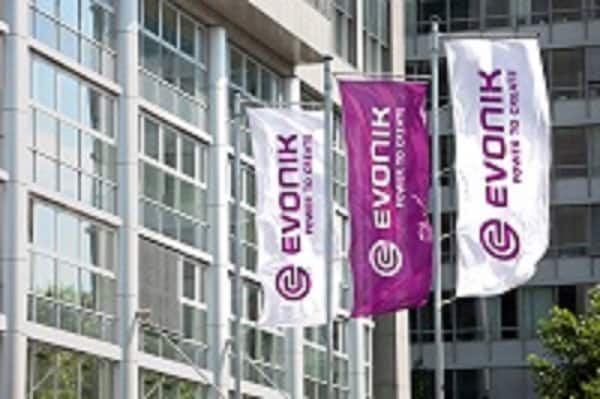
SK Chemicals and Ottogi have pioneered the use of 100% circular recycled PET in food containers, marking a groundbreaking first in Korea
SK Chemicals and Ottogi have made history in Korea by introducing 100% circular recycled PET (CR-PET) into food containers, marking a significant step towards reducing carbon emissions. According to Petnology, both companies are actively leading the charge in carbon reduction efforts.
On the 5th of this month, SK Chemicals proudly announced the incorporation of 100% circular recycled PET (CR-PET) into Ottogi’s revamped packaging for pork cutlet and steak sauce. Circular recycling, a technology pioneered by SK Chemicals, involves breaking down waste plastics at a molecular level and transforming them into raw materials, enabling infinite reuse. This method, in contrast to mechanical recycling, which involves cleaning or cutting waste plastics into smaller flakes for reuse, preserves the high-quality physical properties and safety of the materials. Plastic Sorting Recycling
Ottogi’s renewed meat sauce containers exclusively feature “SKYPET CR,” a product jointly developed by SK Chemicals and Poonglim P&P, Ottogi’s food packaging subsidiary, following an MOU signed last year. Implementing SKYPET CR in meat sauce containers results in significantly reduced greenhouse gas emissions compared to the previous petroleum-based PET containers. This development caters to the growing demand from eco-conscious consumers and offers an advantage for exporting to regions like Europe, where greenhouse gas regulations are becoming more stringent.
It’s worth noting that Coca-Cola India recently achieved a milestone by introducing 100% recycled PET (rPET) bottles for water, marking the first instance of 100% recycled plastic being used for food or beverages in India. The food-grade rPET used in these bottles is produced by Srichakra Polyplast (India) Pvt Ltd on a Starlinger PET bottle-to-bottle recycling line. Plastic Sorting Recycling
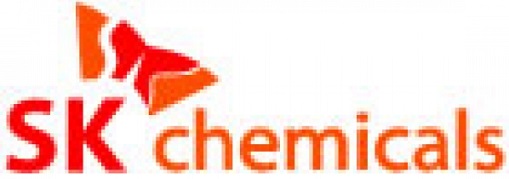
Aquafil to Close Carpet Factory in Kilbirnie, North Ayrshire, Causing 40 Job Losses
Aquafil UK, a carpet yarn processing plant in Kilbirnie, North Ayrshire, has announced that it will be closing its doors, resulting in the loss of 40 jobs. The closure is a blow to the local community, which has already been struggling with the economic effects of the COVID-19 pandemic and Brexit.
Aquafil has cited “challenging trading conditions” as the reason for the closure. The company says that it has been making losses for five years and that further losses are unsustainable. Aquafil has also said that it is facing strong competition from overseas manufacturers. Plastic Sorting Recycling
The GMB union, which represents the workers at the Aquafil plant, has said that the closure is “devastating” for the local community. The union has called on Aquafil to reconsider its decision and to work with the workers to find a solution that will save the jobs.
The closure of the Aquafil plant is a reminder of the challenges facing manufacturing businesses in the UK. The UK economy is still recovering from the COVID-19 pandemic, and businesses are facing rising costs and increased competition from overseas. The closure of the Aquafil plant is a setback for the Scottish economy, and it is likely to have a knock-on effect on other businesses in the area. Plastic Sorting Recycling
The Aquafil plant has been in operation for over 50 years. It is a major employer in Kilbirnie, and its closure will have a significant impact on the local economy. The plant is also a major supplier to the carpet industry, and its closure is likely to have a knock-on effect on other businesses in the sector.
The GMB union has said that it will be working with the workers at the Aquafil plant to find new jobs. The union has also said that it will be lobbying the government to provide support for the workers and their families.
The closure of the Aquafil plant is a blow to the local community and to the Scottish economy. It is a reminder of the challenges facing manufacturing businesses in the UK, and it is a call for action from the government to support businesses and workers.
- The Aquafil plant is located in a rural area, and the closure will have a significant impact on the local economy.
- Many of the workers at the Aquafil plant are skilled and experienced, and they will find it difficult to find new jobs in the area.
- The closure of the Aquafil plant is a setback for the Scottish government’s efforts to promote economic growth in the region.
- The government has said that it is committed to supporting businesses and workers in the affected area. Plastic Sorting Recycling
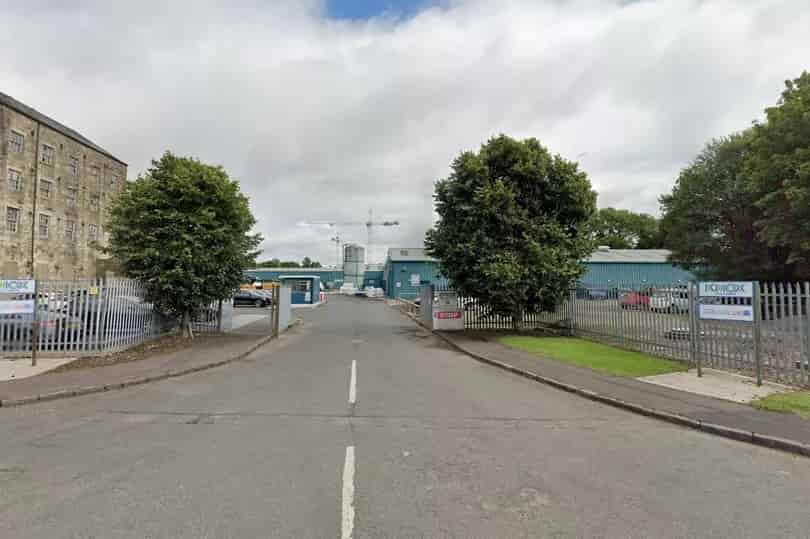
Plastic Sorting Recycling
